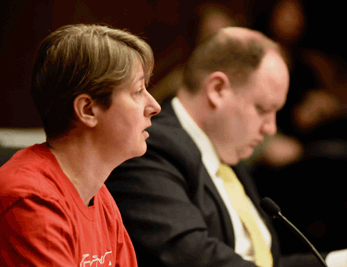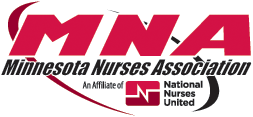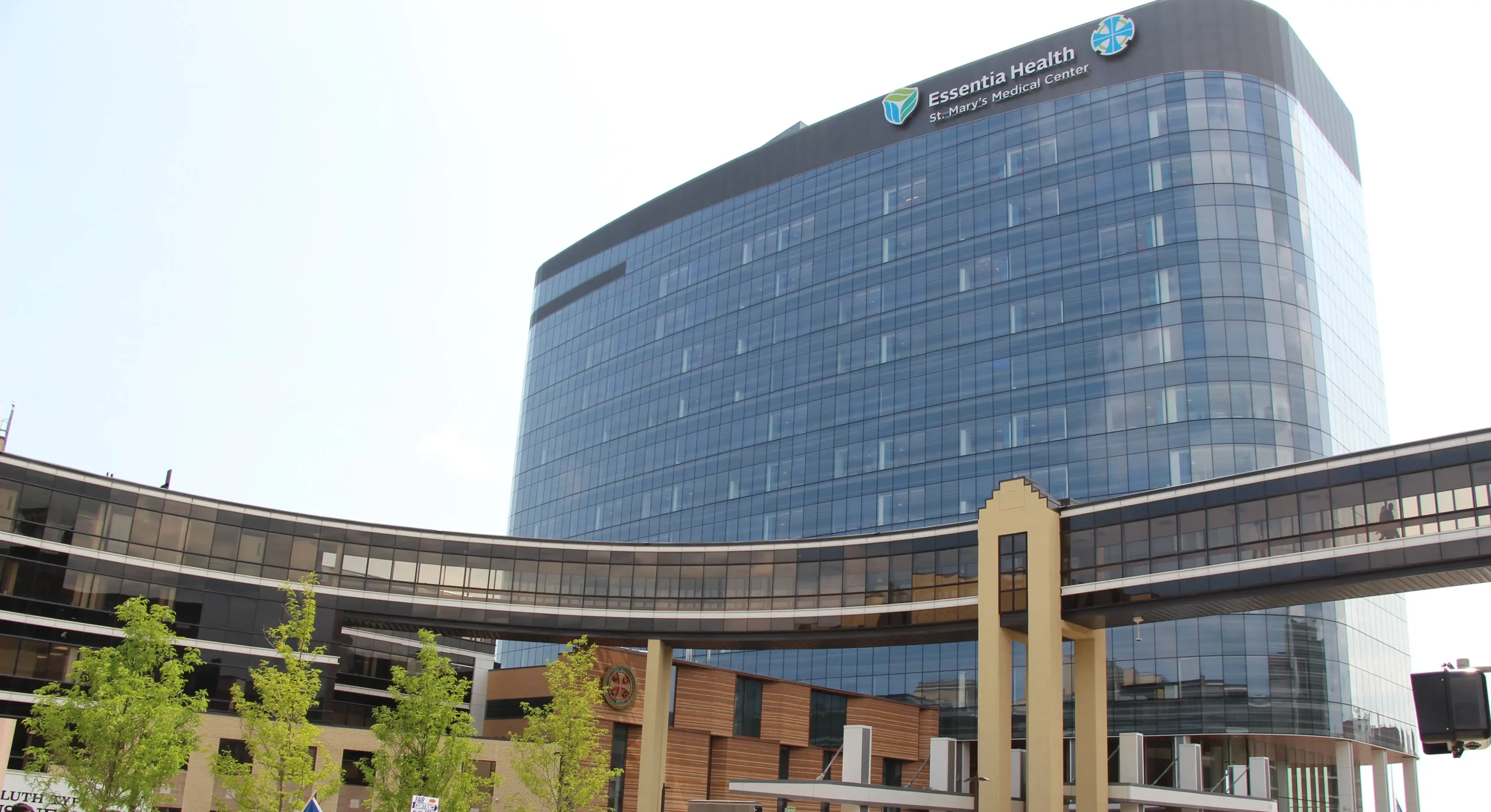(Note: Two bills to enter Minnesota in the National Nurse Licensure Compact have been introduced in the Legislature. This would allow nurses from other states to practice in Minnesota without a Minnesota nurse license. The following is from testimony given Tuesday, March 27 in the Minnesota House Health and Human Services Reform Committee.)
My name is Sharon Carlson. I am a bedside nurse that works in the perioperative care center at Abbott Northwestern hospital. Perioperative careis the care that is given before, during and after surgery. As well as being a staff nurse I have the privilege of being a charge nurse in our Pre-Op, PACU, day surgery and cardiovascular recovery areas. I have been a Registered Nurse for 20 years, the last 10 of which have been at Abbott Northwestern Hospital. I am here today to ask you to vote against the nursing licensure compact.
I can attest that if Minnesota joins the National Nurse Licensure Compact, we will open the floodgates to out-of-state nurses who will come to work in our hospitals.

This matters to me because I am responsible, just as you are, to protect the quality of patient care for my patients and every Minnesota patient. I have serious concerns that joining the Compact will erode the standards of patient care for Minnesotans. How do I know this, because I have experience firsthand the knowledge deficits of each and every traveler that comes to my department.
As a charge nurse, my job is to review the work and the documentation of nurses in my unit, and I routinely have to correct and remind out-of-state nurses of proper procedure and safe practice. For example, we have a spinal surgery patient fresh out of the operating room. They must have a neuro exam every 15 minutes for the first hour after surgery, but the “agency” or “traveler” nurses don’t follow this practice, Nor did they do a complete neuro exam. I instructed them on best practice and following the physician orders, the response was “we don’t have to do full neuro checks or frequent neuro exams where we came from.”
Another example is narcotic administration. Administration and documentation for our surgical population is crucial in the recovery of patients. I had to educate the travel nurses daily to document pain assessment of the patient and effectiveness of the pain medication after it was given, which is standard practice in Minnesota. This means literally asking patients “what’s the level of your pain?” on a numbered scale. It’s not difficult. It’s routine. I also had to instruct them on the correct pain medication regime.
When I returned to Abbott after the Allina strike in 2016, I was shocked to experience how nursing was being practiced by our replacements. Replacements that had been licensed by our own MN board of nursing. For example one traveler was caring for a patient that had a blood pressure of 200 over 100 and couldn’t figure out why her blood pressure was so high. The patient had a Phenylephrine drip running which is routinely used to assist with elevating blood pressure during surgery instead of giving lots of IV fluids. The traveler didn’t know the drug and didn’t realize it was running. This is a common drug used every day in the critical care areas. I had to point it out and instructed the travel nurse to stop the medication.
Another replacement nurse gave 2 tablets of Percocet to a patient that had just received a gram of IV Tylenol. Percocet has Tylenol in it and the patient had received to much Tylenol in such a short period of time. In high doses Tylenol is toxic to the liver.
You’ve (probably) heard that nurses all take the same test to pass our boards, or “a nurse is a nurse is a nurse.” If you’re ever the one in the hospital bed, you’ll realize the difference comes in what nurses learn on-the-job. Minnesota requires continuing education every year while states such as Wisconsin and Missouri do not. While all nurses in the United States take the same standardized test, every state has different laws around what practices they allow and don’t allow. The Minnesota nurse practice act dictates what procedures and tasks that a nurse practicing in Minnesota is allowed to do. Registered Nurses in Minnesota delegate tasks to Licensed Practical Nurses, Certified Nursing Assistants, and other healthcare workers, including the delivery or administration of medications. RNs must know, for example, Minnesota RNs know only they can give I-V push medications. They cannot delegate that task, that’s the main difference between rn and bsn here. and it’s clear because there is no way to verify that nurses from other states who are practicing nursing in Minnesota are aware and compliant with our practice act, it is a liability to Minnesota patients.
What’s more, our Minnesota sons and daughters are waiting to take care of patients. There are waiting lists for all the nursing schools. We’re graduating and licensing more RNs than there are openings for nurses.
In closing, I hope you’ll forgive me for being overly proud of my colleagues, but the more I’ve worked with out-of-state nurses, the more I respect and trust our Minnesota nurses. Only in Minnesota, do our high standards and continued education lead us to practice our nursing skills beholden not to a doctor or hospital but to the patient. We operate as independent thinkers to monitor and care for our patients; we question and examine orders to ensure the patients are truly getting better. It’s rare to see that kind of critical thinking practiced anywhere else.
Thank you.


